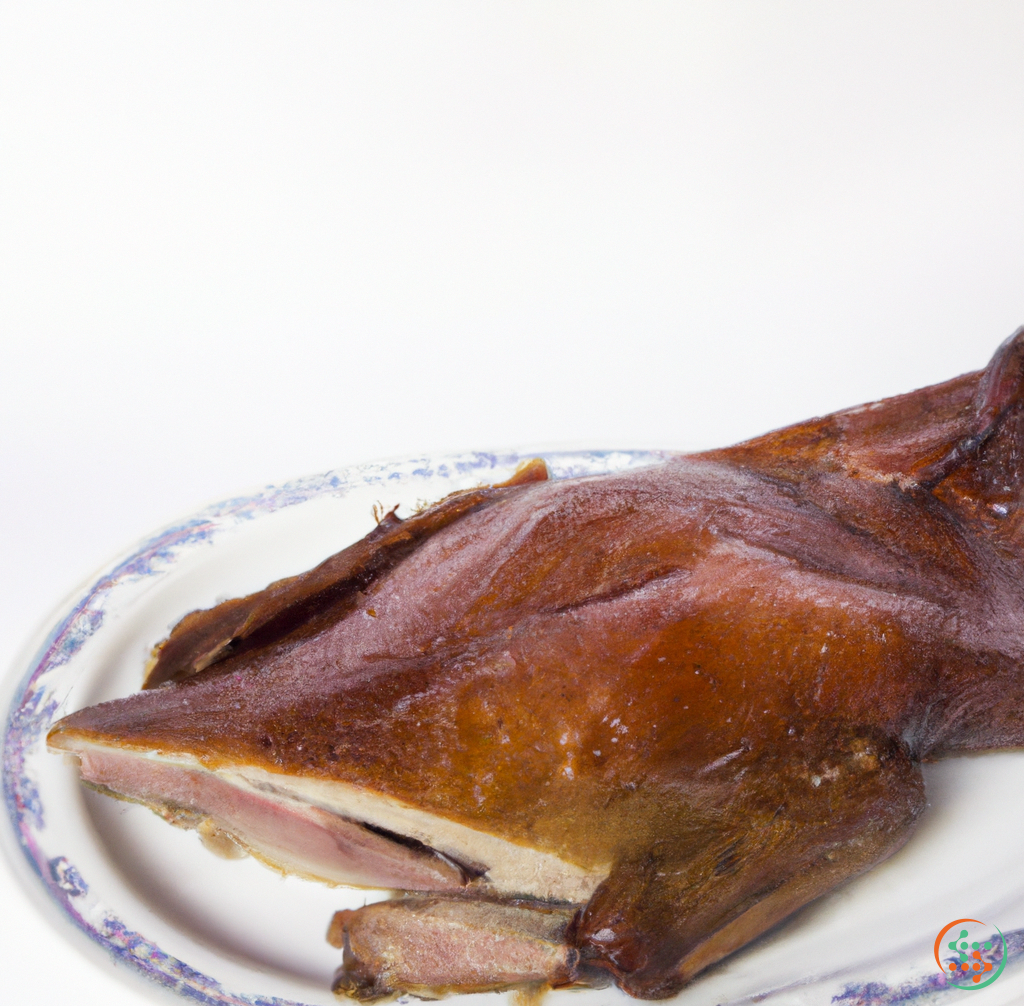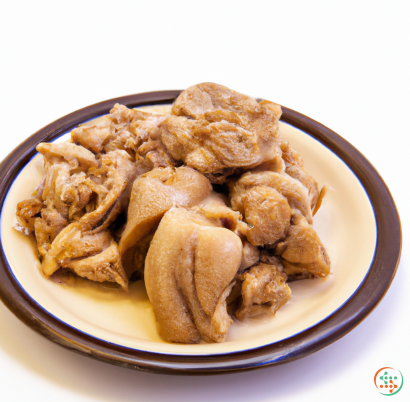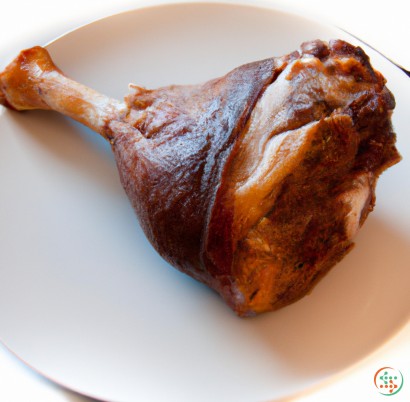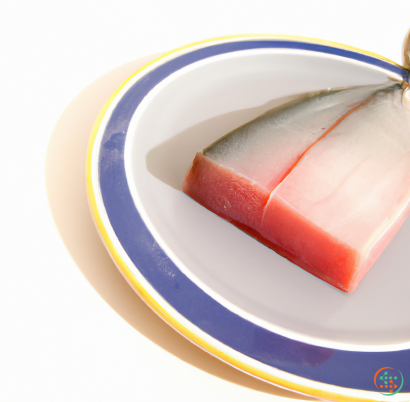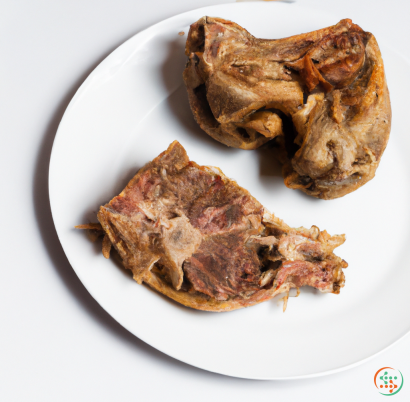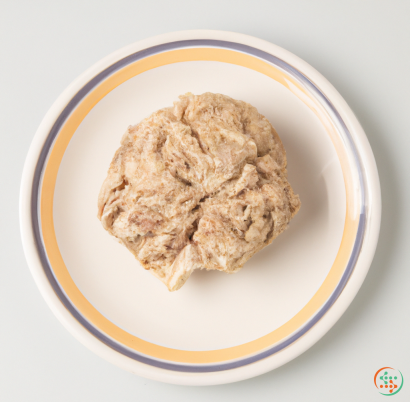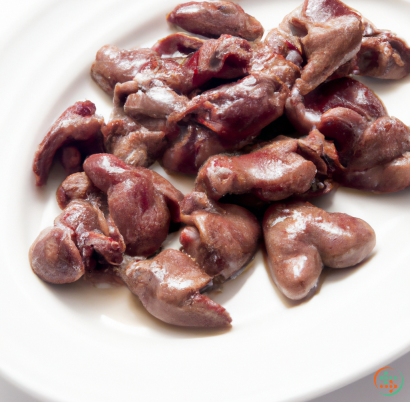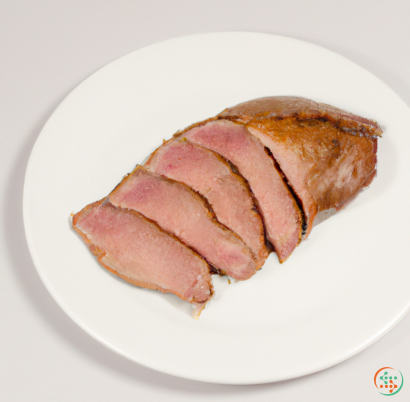Duck Meat: Complete Mineral Profile
Duck Meat: Considered a good source of minerals?
Yes, duck meat can be a good source of minerals. Ducks are rich in a variety of different essential minerals including phosphorus, zinc, iron, copper, selenium and magnesium. These minerals help to support healthy bones, teeth, blood and muscle development.
Phosphorus is important for building strong bones and teeth and assists with the production of energy in the body. Zinc supports immunity while also aiding tissue growth and repair as well as helping enzymes work properly. Iron is necessary for healthy red blood cell function which helps transport oxygen around the body, among other things. Copper functions similarly to vitamin C, assisting in enzymatic reactions, developing collagen, and regulating metabolism. Selenium has antioxidant properties and helps protect cells from damage while magnesium aids nerve, heart and digestive health.
The amount of minerals found in the meat depends on what type of feed was given to the duck before it was slaughtered. Generally wild or free-range birds have more potential to absorb all these essential elements into their bodies than those that were raised on intensive farm yards. Eating grasses and searching for snails and insects provides them with a larger range of nutrients.
Overall, yes, duck meat can be a good source of minerals depending on how it was farmed and fed but, like any food, should be eaten in moderation.
Duck Meat ‐ Mineral Information
The Power of Minerals Obtained from Eating Duck Meat
Of all the meats available to humans and animals alike, duck meat has long been prized for its flavor. But beyond making dishes like Peking duck delectable, this type of poultry provides a range of necessary minerals in quantities far surpassing other traditional proteins. Here we investigate just what minerals can be obtained from eating duck meat and why it is such an important dietary choice.
Minerals are naturally occurring substances found in soil, rocks, plants, or water sources that help your body maintain normal bodily functions. These natural compounds exist as either major (macro) minerals or trace (micro) minerals; macro minerals providing more benefit than trace minerals do because our bodies require larger amounts of them. Ducks themselves obtain essential dietary minerals by grazing on insects and aquatic vegetation, but when eaten by people they become a rich source of nutrients that would otherwise be difficult to find. This includes calcium, phosphorus, sodium, zinc, selenium, manganese, potassium, magnesium, iron, cobalt and copper.
Calcium, one of the most abundant minerals obtained through ingesting duck meat, helps build strong bones and teeth, aids in muscle contraction, regulates kidney function, and contributes to heart health. During maturation, ducks gain calcium by their own production of parathyroid hormone which allows them to absorb hypercalcaemic diets. The meat can provide between 45?mg to 162?mg/100 g of calcium depending on the type of tissue present. Phosphorus plays a crucial role alongside Calcium in various aspects of growth and development where birds store about 70% in bones and red blood cells during adulthood. As with a majority of animal products, duck meat contains high levels of phosphorus ranging from 56?mg to 490?mg/100 g. It also plays at least some role in maintaining pH balance, synthesizing protein for growth, producing energy and DNA replication, and creating certain cell membranes.
Sodium is another mineral passed along to consumers of duck meat, identified only in tiny amounts up to 0.2 mg/100 g. Despite being minimal, it still plays an incredibly important role in how nerve cells communicate signals across gaps, as well as helping pass oxygen and carbon dioxide between cells. Zinc intake is paramount in reducing risk of infection, regulating cell production and repairing DNA, yet studies have revealed wild ducks raise tissues containing up to 14.3 mg/100 g. Selenium, while having relatively low levels compared to other minerals, still organizes T lymphocyte responses responsible for immune system regulation. Different species of duck contain anywhere between 0.536 mg to 2.071 mg/100 g of Selenium, helping manage inflammation, aid nutrient absorption, and even reduce symptoms of Alzheimer’s disease.
Manganese exists entirely in bone and skin, sustaining enzyme structures needed for metabolism and enzyme synthesis. Ducks may meter out 3.935 to 12.235 mg/100g in the process. Potassium further maintains the proper functioning of nerves and muscles, aiding transmission of information throughout the body; free-range ducks have tested positive to holding 467.5 mg/100 g of this macro mineral in comparison. Magnesium is usually stored close to rodent nests due to how crawfish attract ducks to ponds where seeds used to grow seeded hay also keep them nourished. Studies on ducks classify they average 277.6 mg/100 g total Magnesium. Iron stores play an elementary part in tuning vital organs including parts of the heart, lungs, gut, liver, and kidneys. From 65.26 to 200.37 mg/100 g, ducks offer plenty of benefits in conjunction with other vitamins required to properly utilize it.
Finally, Coppery Cobalt rounds out the list of featured minerals, storing traces up to 250 ?g/100 g. This unique metal assists in fertility by forming B12 Vitamin structures useful to both eggs and sperm, and also abates problems related to Rh incompatibility. All together, these cumulative minerals supply ample amounts of vitality for those consuming duck meat regularly. When taken through natural sources such as a rabbit habitat dotted with wetlands, no additional additives are needed.
What makes duck so versatile lies in its broad array of minerals, establishing itself firmly among meats peerless when considering potential benefits. From nucleic acid synthesis to aromatase activities, every aspect of personal health finds benefit when introducing duck meat into diets globally. Armed with knowledge previously explored, options widen tremendously while price points remain equally competitive. Subsequently, understanding the power of minerals gained from duck meat optimizes nutrition standards regardless of demographic data.
| Calcium | 0.012 grams |
Daily Value 1.3 g
|
| Iron | 0.0027 grams |
Daily Value 0.018 g
|
| Magnesium | 0.02 grams |
Daily Value 0.4 g
|
| Phosphorus | 0.203 grams |
Daily Value 1.25 g
|
| Potassium | 0.252 grams |
Daily Value 4.7 g
|
| Sodium | 0.065 grams |
Daily Value 2.3 g
|
| Zinc | 0.0026 grams |
Daily Value 0.011 g
|
| Copper | 0.23 mg |
Daily Value 0.9 mg
|
| Manganese | 0.02 mg |
Daily Value 0.0023 g
|
| Selenium | 0.0224 mg |
Daily Value 0.055 mg
|
